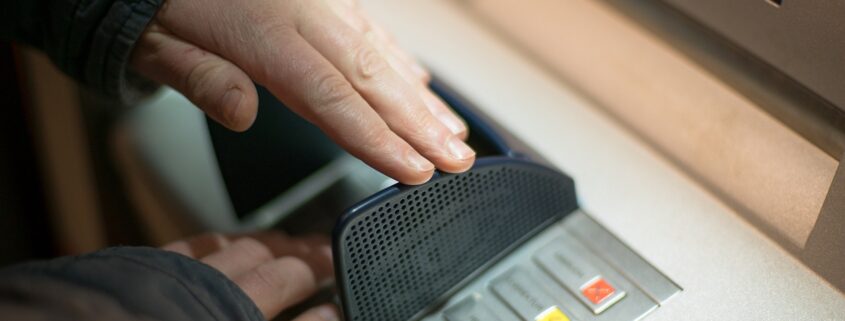How to Avoid Becoming a Victim of Credit Card Fraud
You get home from a long day at work and take a seat, intending to make an order for carry-out. While scrolling through your options, you decide to check your account to make sure the funds you need are available.
But, when you open your banking app, you notice several transactions that don’t sound the least familiar. Your face gets hot. Your heart rate picks up.
Have you just been a victim of credit-card fraud?
How Common is This Problem?
The scenario outlined above plays out millions of times a year. Fraudsters target people from every walk of life.
According to the Nilson Report, global credit, debit and prepaid card fraud amounted to $31.67 billion in 2020 alone. Worldwide, the number of digital transactions suspected to be fraud attempts rose 46% YoY in 2021. While the problem is global in scope, the US is the source of more than one-third of card fraud losses.
How is any consumer supposed to feel safe with numbers like these? Maybe now you’re asking yourself, “how did this happen?” Well, the answer is complex.
Credit card fraud is such a huge problem because the digital landscape provides ample opportunities for bad actors to gain access to and use your data toward their own ends. It could be something seemingly innocuous, like tapping the wrong link in an email, or sliding your credit card at a gas pump. That could be all that a criminal needs to steal from you.
How Do Fraudsters Steal Data?
The various ways in which you are leaving yourself open to attacks may not be obvious at first glance.
Identity theft is just one of the favored methods employed by fraudsters in the pursuit of your money and data. Some criminals lurk in coffee shops, waiting for you to open a banking app on an unsecured network. Some target you by email, posing as companies or individuals you trust. Some gain access to your data from someone else’s mistake, whether that be a merchant breach or someone you know having your information stolen along with theirs.
Whatever the case, you are not safe, and it would be wise to get into the habit of protecting yourself now.
What Should I Do Now?
If you are caught up in a breach or have discovered that you have been a victim of credit card fraud, the very first thing to do is call your bank and report the incident. The account should be either been closed or temporarily frozen.
Once that’s done, take the time to comb through any related accounts that may be linked to that one. Change passwords or make adjustments to your security as needed.
Being more preemptive, always be aware of your data. If you have trouble remembering passwords, get a password manager like 1Password to help you safely streamline the login process.
If you access your financial information via a smartphone or tablet, enable two-factor authentication and biometric recognition— both are extremely helpful in deterring fraudsters from your data. Another step you can take is to be aware of your surroundings, even online. Read every email carefully, and never click links that seem even a bit suspicious.
If you’ve been a victim of credit card fraud don’t blame yourself… but definitely get busy. A few smart decisions now can save you a world of headache later.



